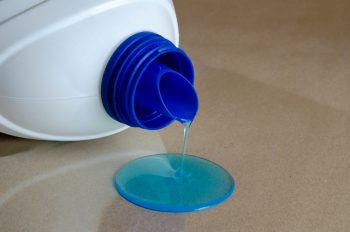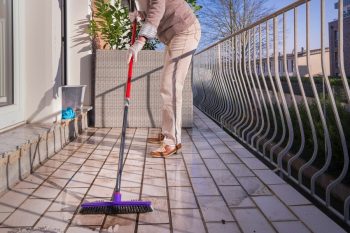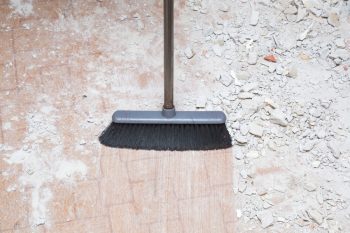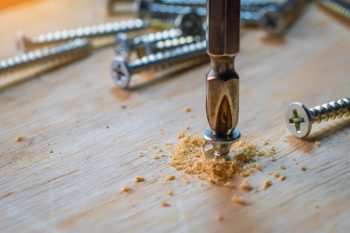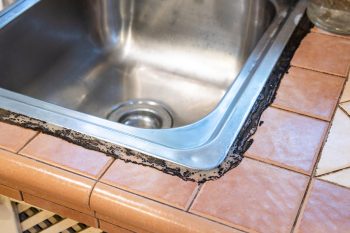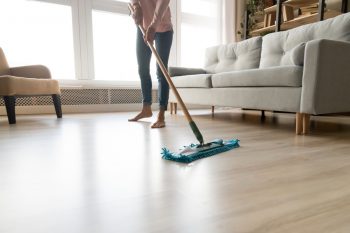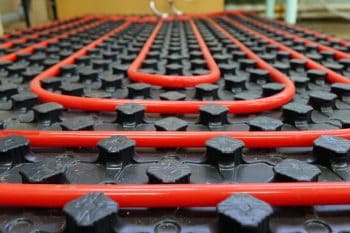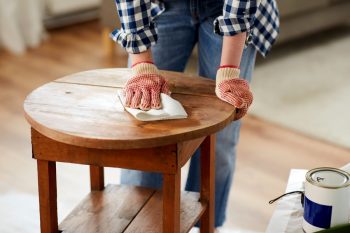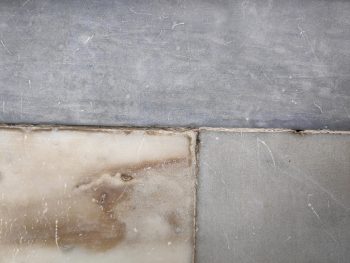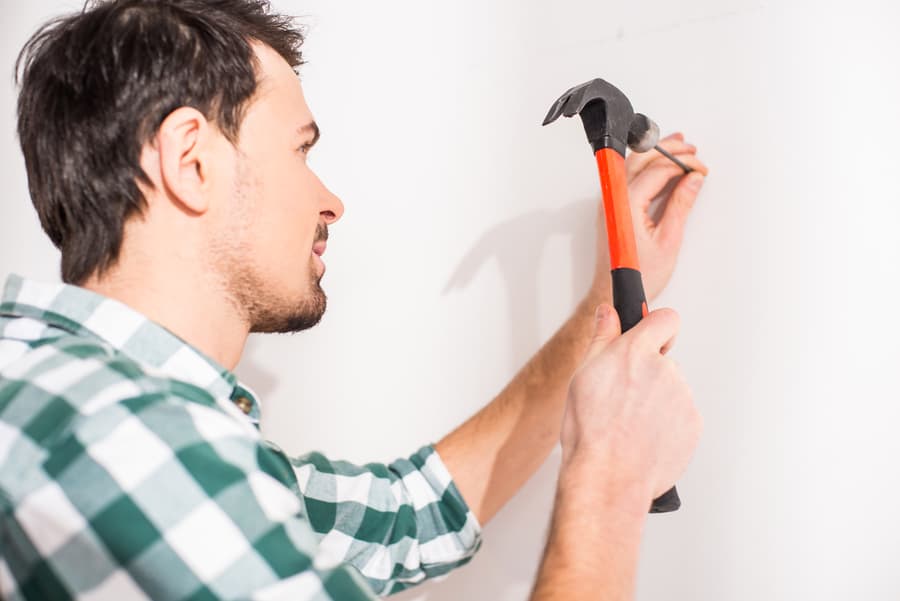
Hammering can be noisy, producing as much as 120 to 125 decibels from one meter away. The sound created from it can travel more than 50 feet.
If you want to hammer something in your home, it’s only reasonable to make sure it does not disturb those around you when you do it.
So, how can you hammer quietly and not annoy your neighbors?
There are different ways you can hammer quietly depending on the project and the situation. Some of these ways include:
- Using a soft hammer
- Putting a rubber mat under the bench
- Using a bench block
- Using less force
- Wrapping old clothes on the hammer
- Soundproofing the room
- Using screws instead of nails
Note that you can often combine multiple methods of hammering quietly to further muffle the sound the hammer makes.
In this article, we’ll walk you through some tips on hammering quietly, so you don’t disturb your neighbors.
7 Ways To Hammer Quietly
Tackling DIY projects at home can become noisy, especially if a lot of hammering is involved.
It would help if you had plans on how you intend to dampen the noise from whatever project you are working on before your neighbors start complaining about the noise.
Below are 7 tips you can use to hammer much quieter with easy items you can get from the house or a convenience store around you.
1. Try a Soft-Faced Hammer
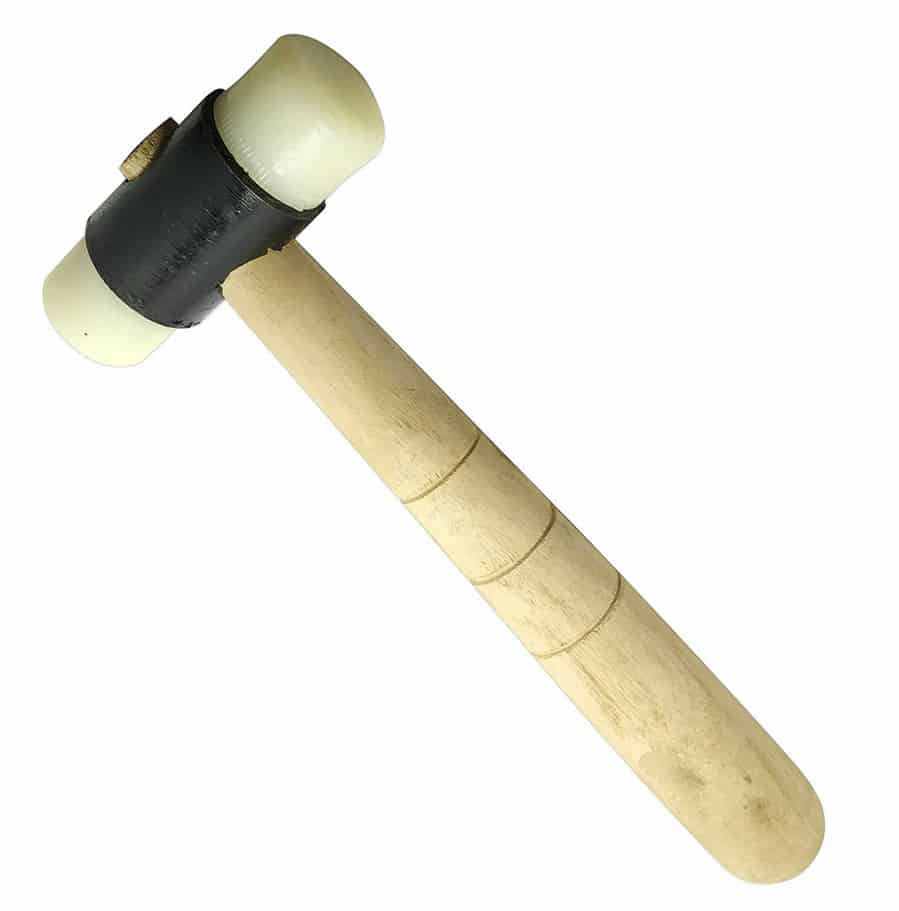
A trick you can use to dampen the noise from hammering is to get a soft-faced hammer.
A soft-faced hammer is a non-hard metal hammer that uses a rubber head as opposed to the metal head in a regular hammer.
This hammer delivers a much softer strike, which dampens the noise from hammering.
It is also safer for the surface you are nailing as it doesn’t leave dent marks if you miss the nail.
Note that using a soft-faced hammer is most effective with nails with a large head.
So, this trick will not work for you if you intend to use regular hammering nails.
2. Put a Rubber Mat Under the Bench
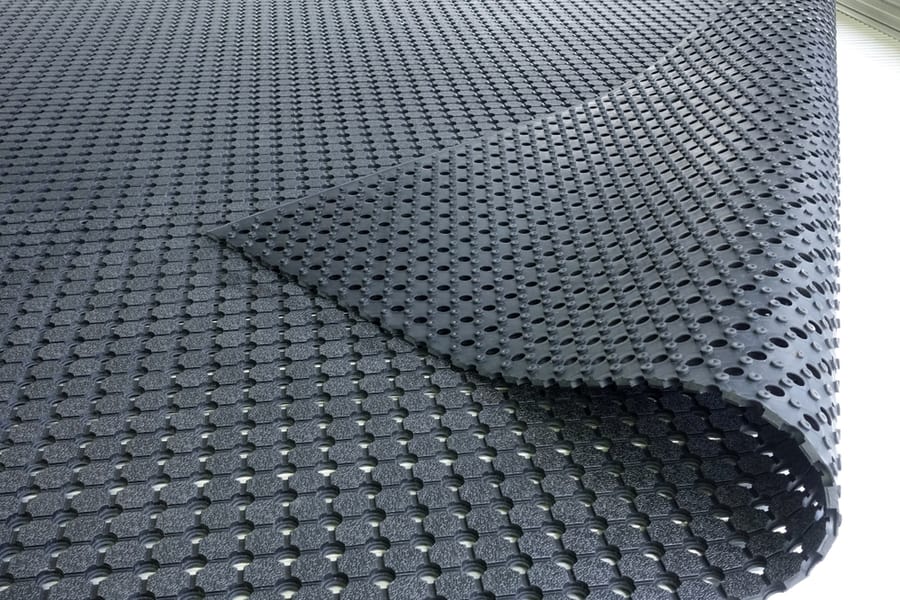
If the project you are working on is movable, another trick you can use to dampen the hammering noise is to move it on a rubber mat.
When you place the project on a rubber mat, it dampens the vibration transmitted to the floor. To get the best result, you should use a non-slip rubber mat that is large enough.
If you don’t have access to a large rubber mat, you can use old towels or rugs instead. Insulating the floor also dampens the sound if you drop your hammer, nail, or other tools.
While this trick is helpful, if you keep repositioning the object, it can be potentially inconvenient.
3. Use a Bench Block
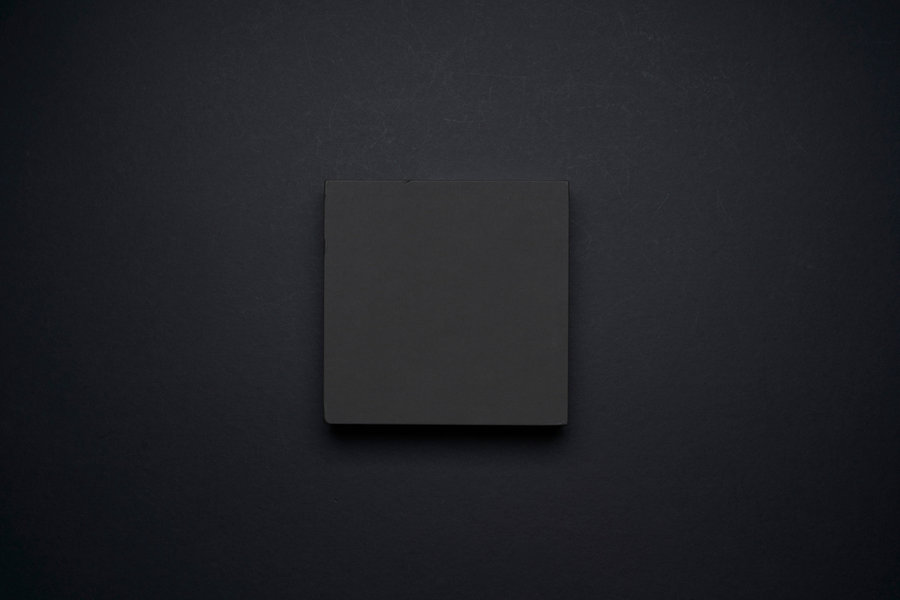
Using a bench block is another effective way to reduce hammering noises.
Silversmiths and metalsmiths commonly use bench blocks, but there is no reason you can’t use them for hammering.
The bench is made of high-quality rubber and designed to fit.
When using a bench block, place it between the hammer and the nail head as you strike.
As such, you will not be striking the nail directly; instead, you will be hitting the bench block.
And thanks to its elastic and thick nature, the vibration energy from each strike is significantly reduced.
4. Use Less Force
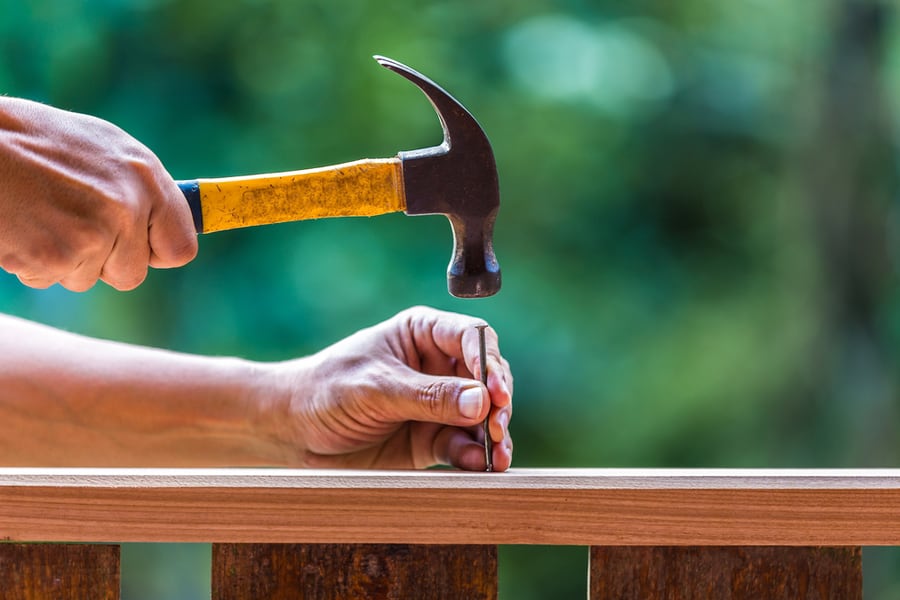
If you don’t have access to any of the items above, use less force to dampen the noise from hammering.
Hitting the nail on the head sharply with a lot of force may get the job done faster, but it will also be very noisy.
So, reducing the impact reduces the noise. But using less force means you will have to use more hits to drive the nail to the desired level, but the lower noise level will make it worthwhile.
5. Wrap Old Clothes on the Hammer

Another thing you can do is to wrap the hammer with leather, cloth, suede, or any other good sound-dampening material.
By wrapping the hammer, you can lessen the noise it produces on each hit. This method is a great alternative to use in place of a soft-faced hammer.
You can also use a kitchen sponge as a material that you can wrap around the hammer.
Damping the sponge in water and squeezing the water out before fitting it on your hammer head helps amplify the muffling effect when you hammer.
6. Soundproof the Room
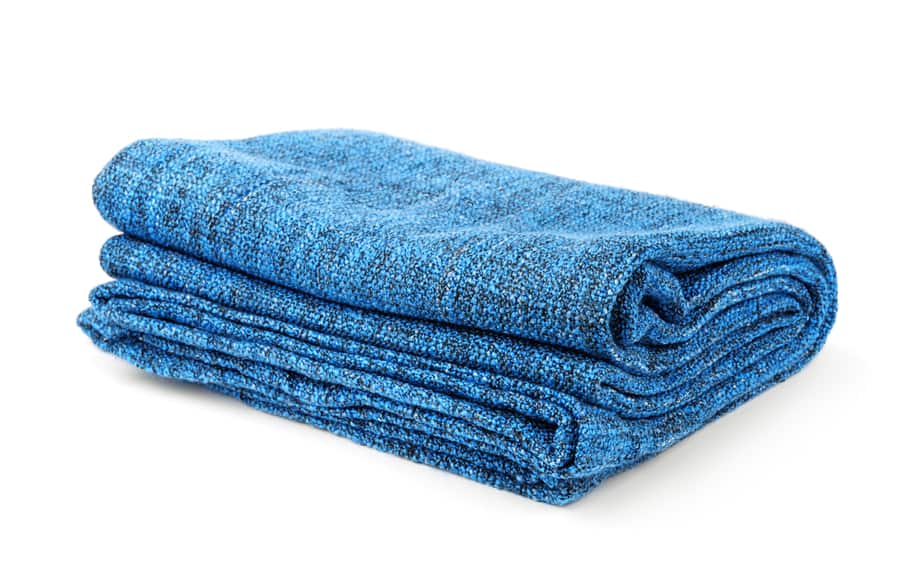
One of the most effective ways to hammer quietly is to soundproof the room before you start. There are soundproofing materials you can buy and install, which can be pretty pricy.
But if you are on a budget, there are several ways you can soundproof the room with items you already have at home.
For example, you can set up old carpets, rugs, or even blankets around the workplace to cover the windows, doors, or other openings.
When you soundproof the room properly, the noise from hammering gets contained.
You can even combine soundproofing the room, using bench blocks, and laying rubber mats on the floor.
7. Use Screws Instead of Nails
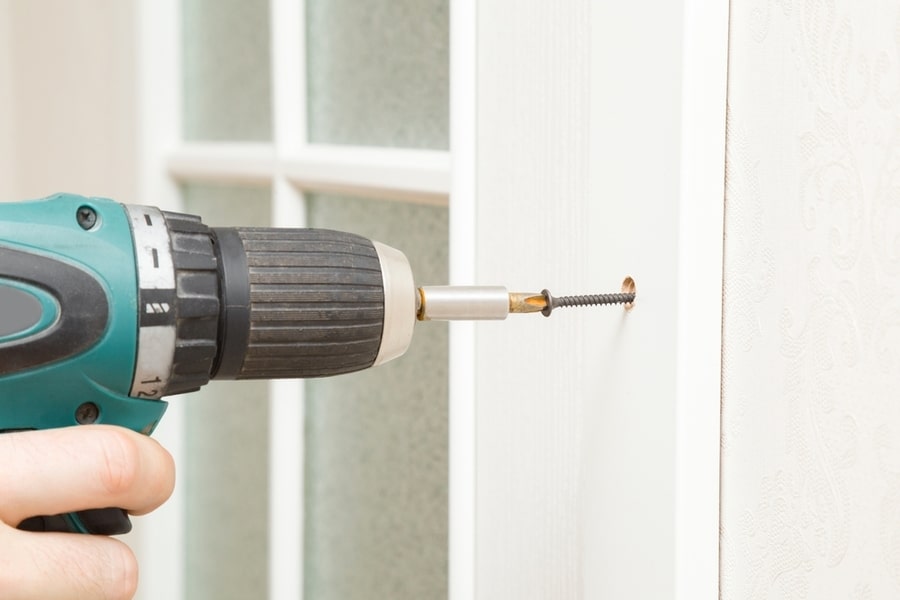
If none of the above tips seems to be doing the trick for you, then as a final resort, you can switch from nails to screws.
Using screws does not make any noise as it does not involve using a hammer. Instead, you screw it into place to give you a strong joint.
So regardless of the time of the day, you can keep working on your project using screws and not worry about causing so much noise that it disturbs the neighbors.
You can nail a few points and use screws to hold the rest together.
Conclusion
Your hammering project doesn’t necessarily have to be so loud. Use the tips in this article to dampen the noise from the hammering.
Also, take note of the timing you choose for your hammering project. If you don’t want to disrupt the whole neighborhood, avoid hammering too early in the morning or at night.
Chances are that no one will hear you if you choose to hammer at midday.
Frequently Asked Questions
Why Does Hammering Sound Travel More Distance in the Morning and Night?
Hammering sound travels more distance in the morning and night because of a phenomenon known as temperature inversion.
Temperature inversion is when a layer of cool air at the surface has been overlain by a layer of warmer air, which causes sound waves to rise and be refracted back to the ground, thus traveling more distance.
Do Screws Fasten Items As Good as Nails?
Yes, screws work well in fastening items as good as nails. In some cases, such as on wood, screws provide a much stronger bond than nails.

